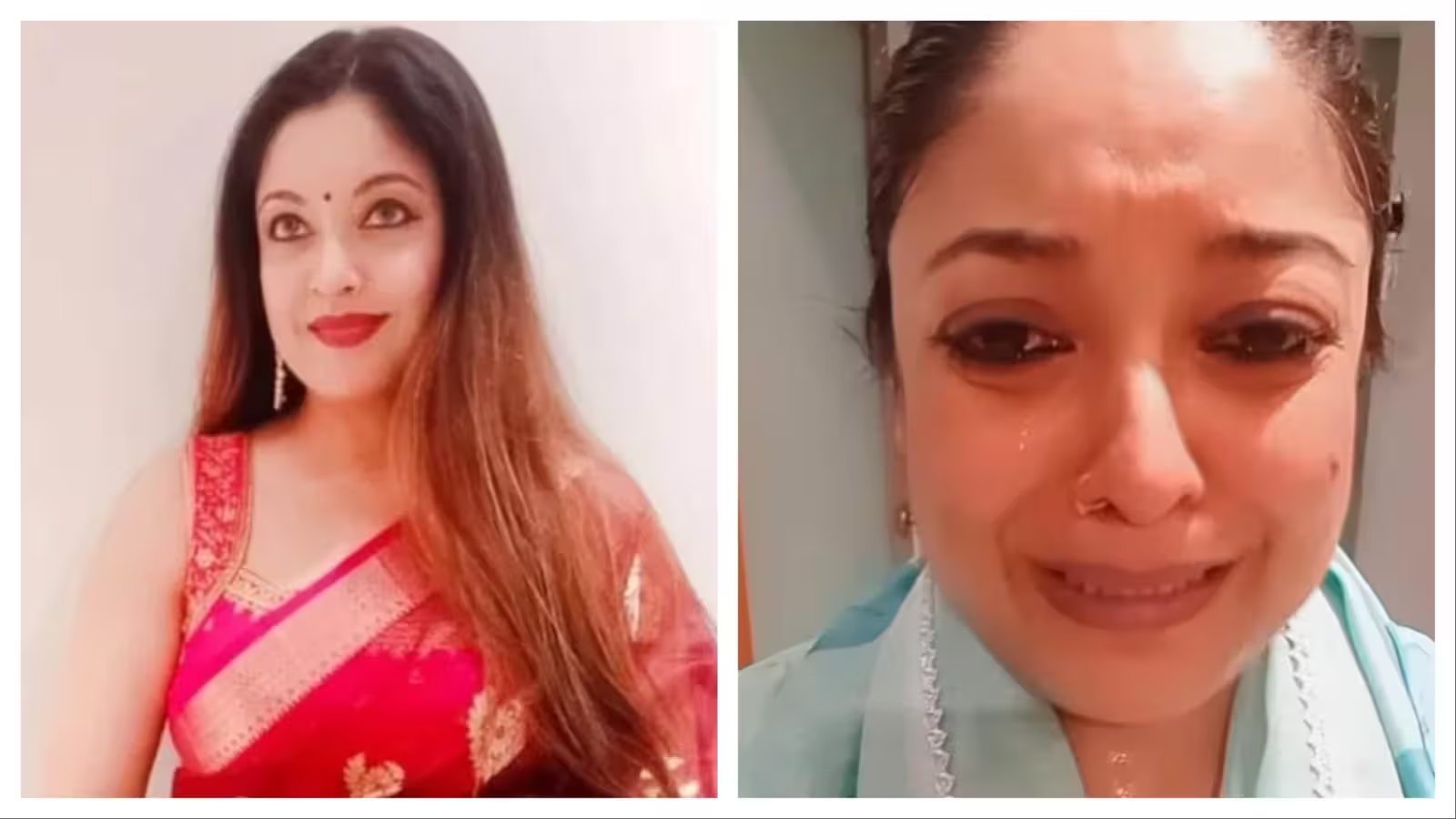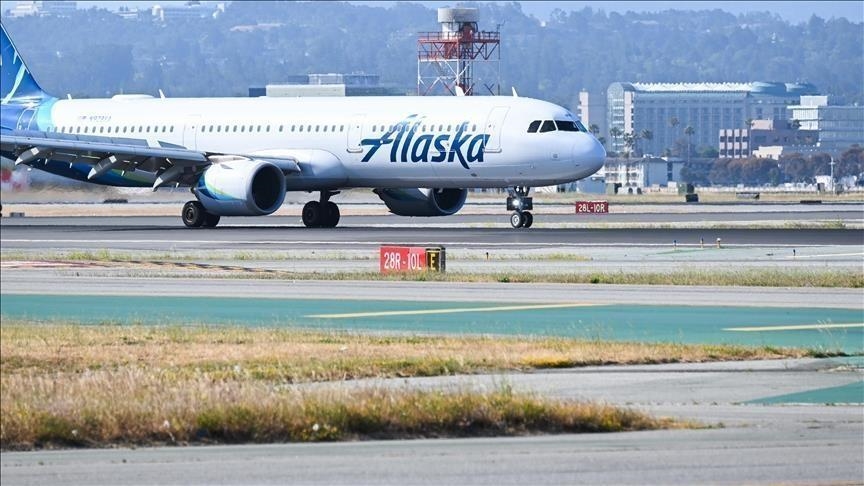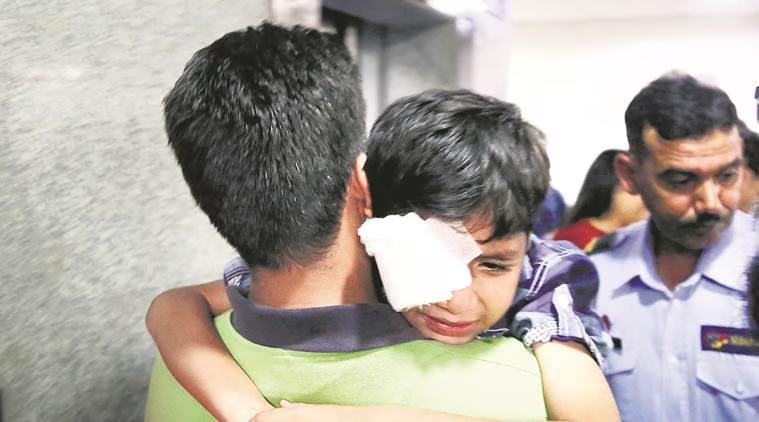Now Reading: Tanushree Dutta Opens Up About Crying Video, Says It Was Years of Fear and Pressure
-
01
Tanushree Dutta Opens Up About Crying Video, Says It Was Years of Fear and Pressure
Tanushree Dutta Opens Up About Crying Video, Says It Was Years of Fear and Pressure

Actor Tanushree Dutta has addressed the viral video in which she was seen visibly emotional and distressed at a public event. Speaking out after the footage gained traction online, she clarified that her tears weren’t about the moment itself but were rooted in the fear, pressure, and mental toll she claims to have faced over the last five years.
Her statement brings attention back to the unresolved chapters of her journey since she reignited India’s #MeToo movement in 2018.
What Happened at the Event?
Tanushree appeared for an event in Mumbai, where she was invited as a guest. At one point, she broke down in front of the media, sparking widespread speculation. Videos from the venue showed her struggling to maintain composure, wiping away tears as she spoke briefly with photographers and reporters.
This led to a wave of online commentary, with many expressing concern and others questioning the cause behind the sudden emotional outburst.
Tanushree’s Clarification
Responding to the attention, Tanushree explained that the tears were not random but stemmed from what she described as “years of fear” and a lack of closure in the aftermath of the allegations she had made earlier.
She hinted at continued professional isolation, emotional exhaustion, and systemic silencing that made it hard for her to move forward. She said the incident at the event simply brought all those bottled-up emotions to the surface.
Why It Still Matters
For many, Tanushree’s story was a pivotal moment in India’s conversation around workplace harassment and power dynamics in the entertainment industry. But her latest breakdown suggests that the consequences of speaking out are not short-lived.
Especially in Tier 2 cities where conversations around women’s safety, workplace ethics, and mental health are still evolving, her experience underlines how speaking up often brings more struggle than support—even years later.
Conclusion
Tanushree Dutta’s public breakdown and her follow-up explanation have once again sparked questions about how survivors are treated long after the headlines fade. While the #MeToo wave did create a shift, her case reflects how deep-rooted resistance and social backlash still remain. Her emotional moment is a reminder that justice isn’t just about legal closure—it’s also about healing, support, and the freedom to live without fear.

























